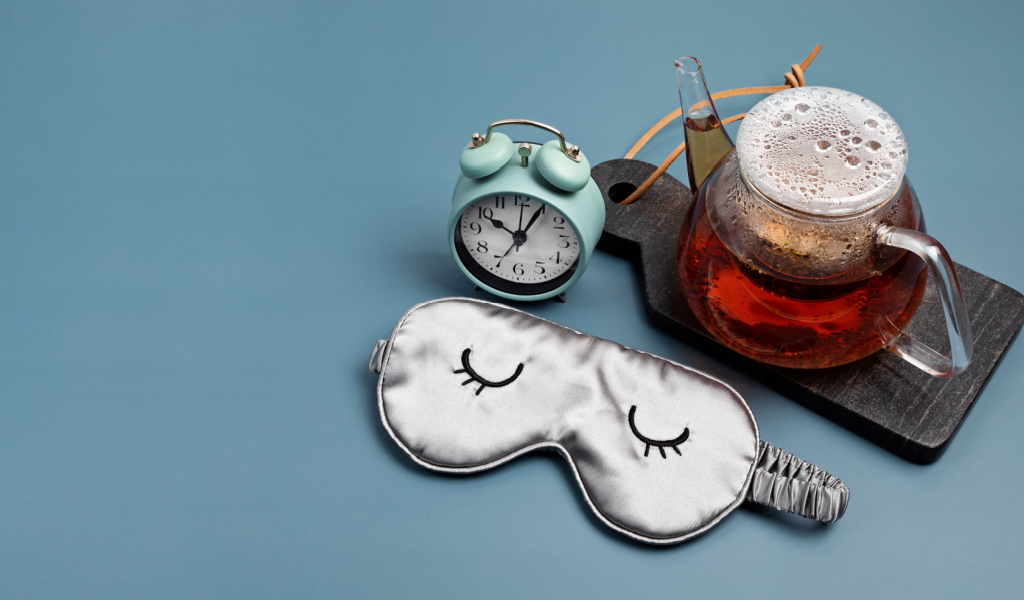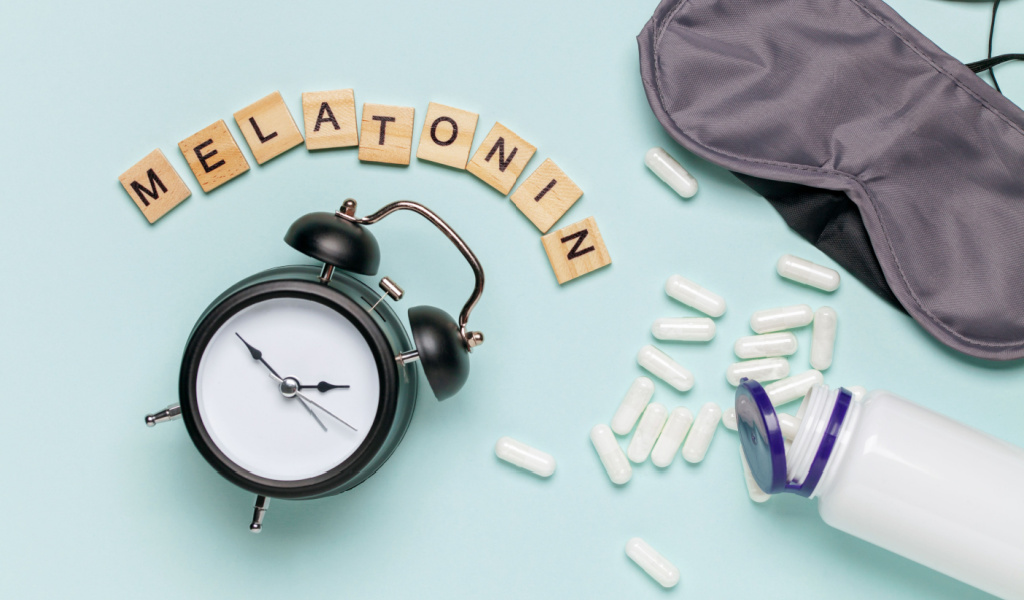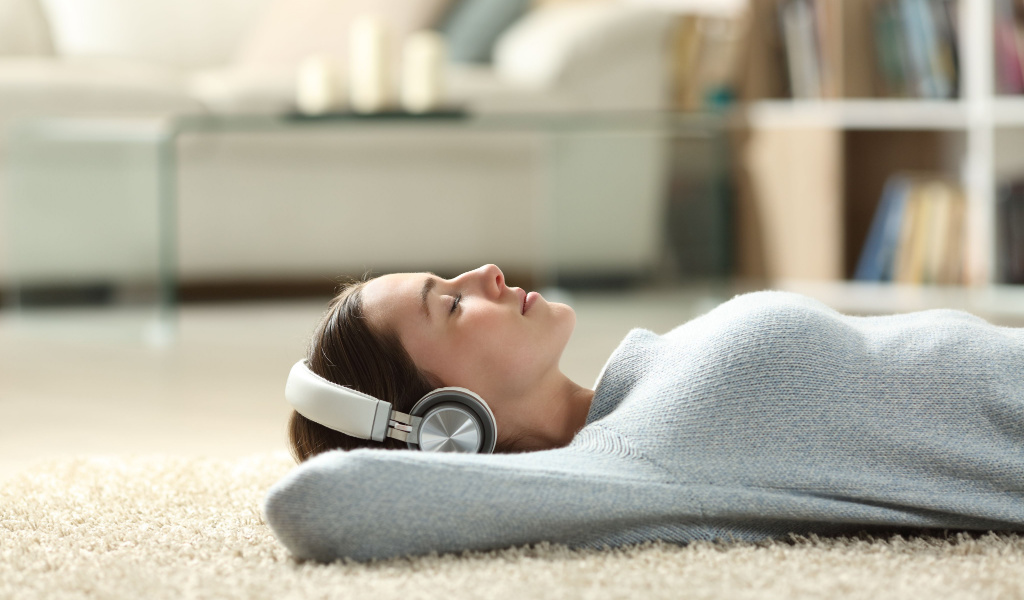Many of us can relate to the frequent struggles of falling asleep at night and the troubles of waking up feeling refreshed. In today’s incredibly fast-paced world, sleep problems are becoming widespread, and many people are turning to supplements to help them sleep better. What a lot of people don’t know is that there is a hormone that helps in regulating our sleep-wake cycle and enhances the quality of sleep.
This hormone, called melatonin or the sleep hormone, is produced by the pineal gland in the brain. Melatonin regulates our internal biological clock and signals when it’s time to sleep and wake up. As the day gets darker and the night settles in, melatonin levels increase gradually, signaling it’s time to sleep. When the sun rises and it gets brighter outside, melatonin levels reduce, triggering your body to wake up.

While melatonin is produced naturally, it’s also available in supplement form to help those with insomnia. It can also trigger sleep when you’re battling jet lag or help to rearrange your sleep schedule. The FDA classifies melatonin as a dietary supplement, so there aren’t any dosage guidelines or strict rules to follow. However, just as with any supplement, there are things you need to know before taking it. Here are some interesting things about melatonin and sleep:
Blue Light Is the Arch Nemesis of Melatonin
According to several studies, the blue light emitted by screens such as phones, computers, TV, etc., suppresses melatonin levels and makes it harder to fall asleep!
It Is Affected by Varying Degrees of Light
There are light-sensitive receptors in our brain that trigger the secretion of melatonin. Since these receptors in our brain play a vital role in the regulation of melatonin, blind people are generally required to take melatonin supplements to regulate the levels of melatonin in the body.
Melatonin Can Adversely Interact with Some Drugs
If you’re already on medication for bleeding disorders, caution is advised. The same applies to diabetic patients since melatonin can affect blood sugar levels.
Melatonin Supplements Can Tamper with Menstruation Cycles
When you mess up with melatonin levels, it affects not just your sleep pattern, but also influences the start of your period. It can also affect the length of your menstruation and ovulation cycles, so this is something that you should be well aware of if you’re looking to get pregnant.
It Can Affect Your Libido
Just like melatonin supplements can put you to sleep, they can also put other parts of your body to rest, explicitly playing a role in inhibiting your natural drive. This can be a problem if you’re looking to conceive. Moreover, it can also affect the sperm count by decreasing it and negatively impacting the motility of the sperm.
It’s A Great Treatment for Jet Lag
Melatonin allows people to rest during their usual waking hours, which helps reset their sleep schedule. Usually, melatonin is released only when our body senses darkness, so it’s important to note the time of the day when you take melatonin supplements to combat jet lag. For example, if you have flown a long distance towards the east, it’s best to take melatonin at the local bedtime, and if you’ve flown west, it should be taken in the morning.
Low Levels of Melatonin Is Linked to Cancer
According to some research, melatonin is linked to some types of cancers, but not due to taking too much of it. Instead, it’s the opposite, since women with breast cancer and men with prostate cancer often had lower melatonin levels. Therefore, melatonin is also used as a supplement to treat cancer, not just breast and prostate cancer but also cancers of the lungs, brain, and neck.

Melatonin Helps in The Treatment of Other Health Conditions
Besides cancers, melatonin also reduces the risk and severity of other health conditions, such as Alzheimer’s and Parkinson’s. This is attributed to the antioxidant properties found in melatonin. Moreover, it’s also beneficial for people suffering from migraines and hypertension.
Lack Of Sleep Causes Low Melatonin
Working late night shifts, jetlag, heavy consumption of alcohol and caffeine, high levels of stress, and exposure to light are all factors that disrupt your sleep schedule and affect melatonin production. Some ways of combating this are by putting dark blinds or black-out curtains in your room and limiting screen time before bedtime.
Too Much Melatonin Causes Daytime Symptoms
Melatonin deficiency has far-reaching consequences, and the side effect of too much melatonin can be felt most acutely during waking hours. Insomnia – or rebound insomnia, as some people call it – is a side effect of using melatonin supplements regularly. Other symptoms are feeling very tired during the day, irritable, and socially withdrawn.
Melatonin Is Linked to Serotonin
Serotonin is the brain’s feel-good hormone, and it’s linked to feelings of relaxation and happiness. Melatonin, as we know, is the sleep hormone, and while it appears that both these hormones are not the same in functions, they’re linked closely.
The pineal gland produces serotonin and then converts it to melatonin in the brain. So without healthy sleep, our bodies struggle to make serotonin, leading to melatonin deficiency. Therefore, getting that much-needed restorative sleep becomes a lot harder to achieve!
Melatonin Can Be Found in Natural Sources
Some foods assist in the production of melatonin, such as cherries, bananas, milk, and oatmeal. They don’t contain the hormone, but they do contain amino acids, vitamins, and carbohydrates that are required for melatonin manufacturing. Moreover, food sources with tryptophan are known to boost serotonin, which then spikes melatonin production. This can be found in dairy, nuts, eggs, seeds, chicken, and seafood.
Final Thoughts
We have enough worries and disruptions to deal with in our daily lives, which puts us in a constant state of anxiety, stress, and sleeplessness. Our minds and bodies are susceptible to sensitive changes in our interactions, surroundings, and experiences. Dealing with stress (and sleeplessness over that) is never a good thing. Our bodies work tirelessly around the clock, depending on sleep to function better. This is why we must understand the connection between melatonin and sleep to ensure that nothing comes in the way of getting a good night’s sleep.
Melatonin supplements are available over-the-counter and are a great way to improve sleep. However, it’s essential that you talk to your doctor before starting on melatonin supplements. Even when you decide to take them, you need to practice good sleep routines, regular exercise, and stress management techniques that can enhance the quality of your sleep!



